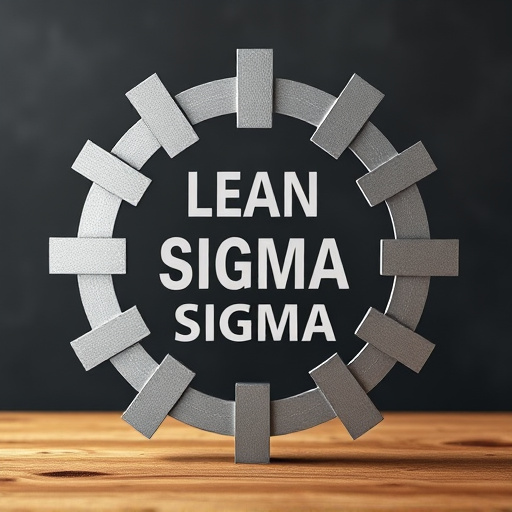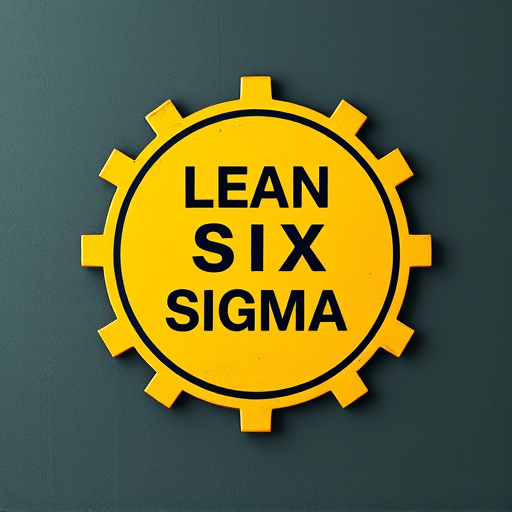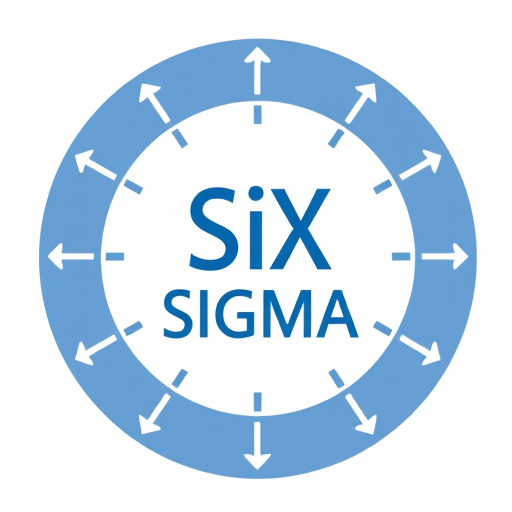Lean Six Sigma methodologies offer powerful control plans to prevent product recalls and enhance quality, by analyzing processes, setting quality limits, and monitoring systems. This data-driven approach integrates Lean manufacturing and Six Sigma techniques, fostering a culture of empirical decision-making and continuous improvement. Effective control plans identify critical control points (CCPs), set clear thresholds, and monitor systems for consistency and regulatory compliance, minimizing defects and boosting customer satisfaction through proactive issue resolution.
Control Plans are indispensable tools in manufacturing and production, serving as the bedrock of quality assurance. This article explores how these strategic documents prevent product recalls by implementing Lean Six Sigma methodologies. We’ll delve into developing robust control plans, leveraging statistical processes for precise monitoring, and continuous improvement strategies. Understanding these elements is key to maintaining high-quality standards, ensuring consumer safety, and averting costly recall scenarios in today’s competitive market.
- Understanding Control Plans: The Foundation of Quality Assurance
- Lean Six Sigma Methodology: A Powerful Tool for Recall Prevention
- Developing Effective Control Plans: Strategies and Best Practices
- Continuous Monitoring and Improvement: Ensuring Long-Term Success
Understanding Control Plans: The Foundation of Quality Assurance

Control plans, a cornerstone of Lean Six Sigma methodologies, are comprehensive strategies designed to ensure consistent product or service quality. They serve as the foundation for robust quality assurance, enabling organizations to proactively identify and mitigate potential issues before they escalate. By implementing control plans, businesses can significantly reduce the likelihood of costly recalls, enhancing customer satisfaction and maintaining market reputation.
These plans involve meticulously analyzing processes, defining acceptable quality limits, and establishing monitoring procedures. They provide a structured framework for continuous improvement, empowering teams to make data-driven decisions. With control plans in place, organizations can effectively navigate uncertainty, ensuring their products or services consistently meet predefined standards, thereby minimizing the risk of recall scenarios.
Lean Six Sigma Methodology: A Powerful Tool for Recall Prevention

Lean Six Sigma is a highly effective methodology that combines the principles of Lean manufacturing and Six Sigma to improve processes and reduce defects. When applied to recall prevention, it offers a structured approach to identify and eliminate root causes of potential product issues. This method encourages organizations to embrace a data-driven culture, where every decision is based on empirical evidence gathered through rigorous analysis.
By utilizing Lean Six Sigma, manufacturers can establish robust control plans that monitor critical processes and ensure consistent quality. It involves defining clear metrics, establishing control limits, and implementing surveillance techniques to detect any deviations from the established standards early on. This proactive approach allows businesses to take immediate corrective actions, preventing defects from escalating into full-scale recalls.
Developing Effective Control Plans: Strategies and Best Practices

Developing effective control plans is a strategic approach that leverages Lean Six Sigma methodologies to prevent recalls and enhance product quality. This involves identifying critical control points (CCPs) within the manufacturing process, where deviations can lead to defects or unsafe products. By establishing clear thresholds and monitoring systems for these CCPs, manufacturers can proactively ensure consistency and compliance with regulatory standards.
Best practices include defining specific, measurable goals; utilizing statistical tools for data analysis; and implementing continuous improvement cycles. Regular audits and feedback loops are essential to validate the control plan’s effectiveness. Moreover, fostering a culture of quality awareness among employees, where everyone understands their role in maintaining high standards, reinforces the impact of these plans.
Continuous Monitoring and Improvement: Ensuring Long-Term Success

In the realm of quality control and process optimization, continuous monitoring and improvement are pivotal strategies that align perfectly with Lean Six Sigma principles. This proactive approach involves ongoing assessment and refinement to identify and eliminate potential issues before they escalate into product recalls or customer dissatisfaction. By implementing rigorous monitoring systems, manufacturers can detect subtle deviations from established standards early on, enabling them to take immediate corrective actions.
The beauty of this method lies in its ability to foster a culture of continuous enhancement. Lean Six Sigma encourages teams to analyze data, pinpoint root causes, and implement effective solutions, ensuring that processes remain optimized over time. This iterative process not only prevents recalls but also drives overall operational efficiency, making it a game-changer for any industry seeking long-term success in quality management.
Control plans, rooted in lean six sigma methodology, are indispensable tools for preventing product recalls. By systematically implementing strategies based on data and continuous improvement, manufacturers can create robust quality assurance processes. Through strategic monitoring and adaptive best practices, these control plans foster a culture of excellence, ensuring long-term operational stability and consumer safety.
